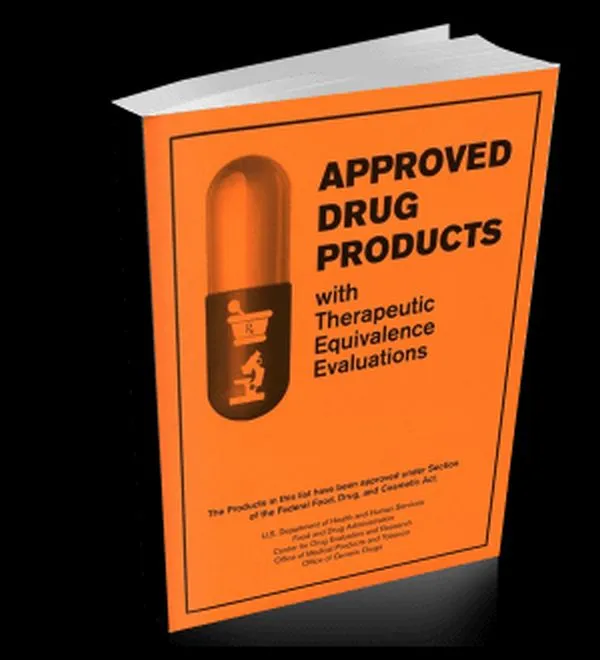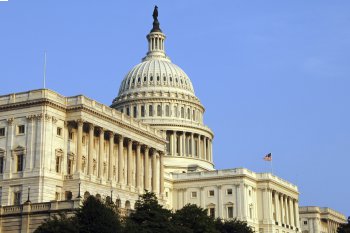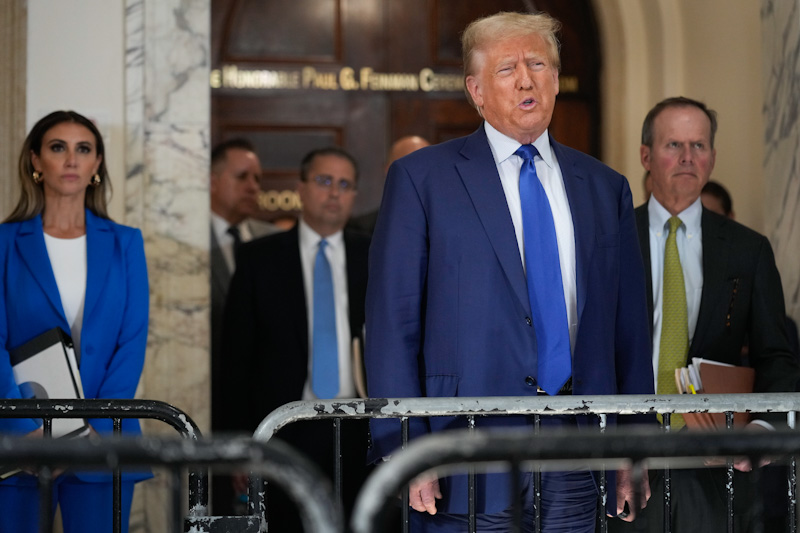FTC’s 100-Patent Orange Book Challenge Creates Uncertainty for Pharma Patent Listings
“[T]hese uncharted waters leave open the door to wonder if this will slow down the ability to bring new drugs to market.” – Katherine Rubino, Caldwell IP Group
On October 7, the Federal Trade Commission (FTC) sent letters to 10 pharmaceutical companies notifying them of the agency’s intent to challenge allegedly improper patent listings in the U.S. Food and Drug Administration’s (FDA) Orange Book. While the FTC argues that improperly listed patents can delay consumer access to affordable generics, some have questioned whether the FTC’s regulatory action could slow the development of new treatments, which would in turn delay access to new generics.
The FTC’s letter campaign follows a few weeks after the agency issued a policy statement providing notice that Orange Book patent listings would be scrutinized for possible violations of Section 5 of the FTC Act. Improper Orange Book listings represent an unlawful method of competition violating Section 5 in the FTC’s view as it “tends to negatively affect competitive conditions by impeding opportunities for generic rivals to compete, thus limiting consumer choice.” The policy statement also indicated that the FTC could challenge Orange Book listings under a monopolization theory for controlling prices and excluding competition.
Further Guidance on Proper Orange Book Listing Scope Would Provide Needed Clarity
The 10 notice letters sent by the FTC identify more than 100 patents that the agency is challenging through the FDA’s regulatory dispute process. These actions could result in the FDA requiring these drug manufacturers to either remove the challenged listings or certify under penalty of perjury that the listings comply with regulatory and statutory requirements.
The companies and branded pharmaceuticals targeted in the FTC’s notice letters include:
- Abbvie Inc., for four U.S. patent listings that cover Restasis Multidose;
- Astrazeneca LP, for 10 U.S. patent listings that cover Symbicort;
- Boehringer Ingelheim Pharmaceuticals, Inc., for 22 U.S. patent listings that cover Atrovent HFA, Combivent Respimat, Spiriva and Spiriva Respimat;
- Glaxo Group Limited, for four U.S. patent listings that cover Advair HFA and Flovent HFA;
- GlaxoSmithKline Intellectual, for 10 U.S. patent listings that cover Arnuity Ellipta and Ventolin HFA;
- Impax Laboratories LLC, for two U.S. patent listings that cover Adrenaclick;
- Kaleo Inc., for eight U.S. patent listings that cover AUVI-Q;
- Mylan Specialty LP, for eight U.S. patent listings that cover Epipen and Epipen Jr.;
- Norton Limited, for seven U.S. patent listings that cover QVAR RediHaler;
- Teva Branded Pharmaceutical, for 35 U.S. patent listings that cover ProAir HFA, ProAir DigiHaler, and QVAR 40.
The patent listings identified in the FTC’s notice letters include pediatric exclusivity granted by the FDA as add-ons to existing market exclusivity for branded treatments. Each notice letter states that the FTC has opted to use the FDA’s dispute resolution mechanisms codified at 21 CFR § 314.53(f)(1), which authorizes persons other than the New Drug Application holder to challenge the relevancy or accuracy of patent data listed in the Orange Book.
The FTC’s notice letter campaign creates new uncertainties on the proper scope of Orange Book patent listings required for market approval. Further guidance from either the FTC or FDA would be helpful to the companies in question, according to Katherine Rubino, Partner and Director, Life Sciences Practice Group at Caldwell Intellectual Property Group. “For the drug company, these uncharted waters leave open the door to wonder if this will slow down the ability to bring new drugs to market and what impact these delays may have on generic drug manufacturers,” Rubino said in an email to IPWatchdog.
Steve Brachmann
Steve Brachmann is a graduate of the University at Buffalo School of Law, having earned his Juris Doctor in May 2022 and served as the President of the Intellectual Property […see more]
Warning & Disclaimer: The pages, articles and comments on IPWatchdog.com do not constitute legal advice, nor do they create any attorney-client relationship. The articles published express the personal opinion and views of the author as of the time of publication and should not be attributed to the author’s employer, clients or the sponsors of IPWatchdog.com. Read more.







